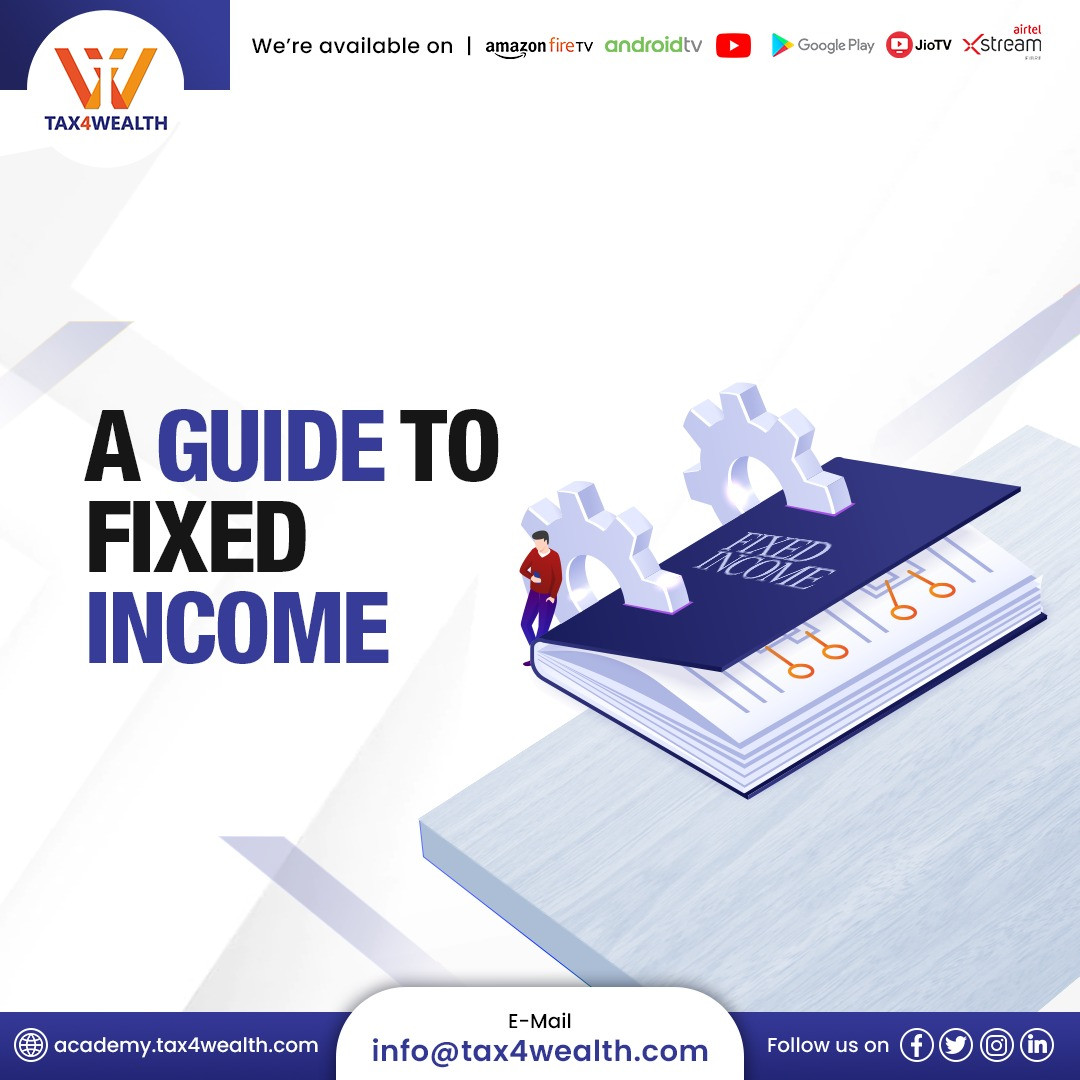
Section 194R- Learn to Reduce Perquisites Provided in Cash
Description of Section 194R:
Section 194R was recently introduced by the government. Let us examine this in greater detail. Companies used to give cash or in-kind incentives and perquisites to their workers or partners and then claim such benefits and perks under section 28(iv) of the Income Tax Act.
If the benefits were given in cash, they were recorded in the recipient's ITR; however, if they were given in kind, they were not recorded there and were left unaccounted for in the recipient's possession. To stop this practice, the government has introduced Section 194R, which will take effect on July 1st, 2022.
According to this clause, any company or person giving such benefits to a resident must deduct TDS @ 10% from the value of the perquisites and benefits offered. If the benefit is in kind, the provider must pay the TDS amount out of their pocket.
However, this Section 194R does not apply to HUFs or individuals whose total company sales or professional receipts do not exceed $1 million or $50 million, respectively. Additionally, if the total benefit amount does not exceed 20K per person, no TDS is taken.
Learn more; A Complete Analysis of Section 194R of Income Tax
According to Income Tax Act Section 194R:
1. Any person in charge of giving a resident any benefit or perquisite, whether it can be converted into money, resulting from the resident's employment or practice of a profession, shall make sure that tax has been taken out at the rate of 10% of the value or total value of the benefit or perquisite before giving it to the resident.
2. The Board may, with the prior permission of the Central Government, publish guidelines to resolve any issues that emerge in carrying out the provisions of this section.
3. The Income Tax Authorities and the person giving any such benefit or perquisite shall be bound by any guidelines published by the Board under subsection (2), which shall be put before each House of Parliament as soon as practicable after such guidelines are issued.
TDS on perquisites or benefits:
According to the new clause, anyone in charge of giving a resident any advantage or perk must withhold tax at a source equal to 10% of the value of all such benefits and perquisites before giving them to the resident. The perquisites or advantages may or may not be exchangeable for cash, but they must result from the resident's professional or commercial activities.
If the advantage or perk delivered or projected to be provided to the resident throughout the financial year has a value of not more than 20,000 rupees, then this deduction is not necessary.
Let us now review the instructions provided in Circular No. 12 of 2022, dated June 16, 2022.
They identified 5 queries as the most likely ones and provided clarification for each. These are outlined below with explanations:
1. Is it necessary for the Payer to confirm that the Benefits/Perquisites received fall under section 28(iv)?
No. The deductor is not required to determine whether the perquisites payment will be subject to section 28 taxation in the hands of the recipient (iv). The person in charge of giving any benefit or perk to a resident is required under Section 194R of the Act to withhold tax at source @ 10%. There is no further obligation to determine whether the money is taxable in the recipient's hands or under whatever provision.
2. Does TDS still qualify as a tax deduction when benefits or perquisites are provided through capital assets?
Yes. When a benefit or perquisites (of any kind) is offered, the deductor is obligated by Section 194R of the Act to deduct tax. TDS will thus be drawn even in the case of Capital Assets.
3. Do sales discounts, cash discounts, and rebates fall under the purview of section 194R as well?
Calculating TDS Sales Discounts, Cash Discounts, One Item Free on Two Purchases, etc. is quite time-consuming. Therefore, although being a benefit, this is excluded from the scope of section 194R.
4. What are the benefit/perquisite valuation rules?
If the benefit or perquisites were bought first, they would have cost money to buy. The price that the company charges its consumers for such things shall be the value for such benefit/prerequisite if it has been made and then issued.
5. What about TDS collection/payment if the benefit is provided in kind or cash, but not enough cash is given to pay the TDS?
When receiving benefits in kind, the recipient must make financial arrangements for TDS payment in advance and notify the provider of the benefits/perquisites of the situation.
No comments yet, Be the first to comment.













